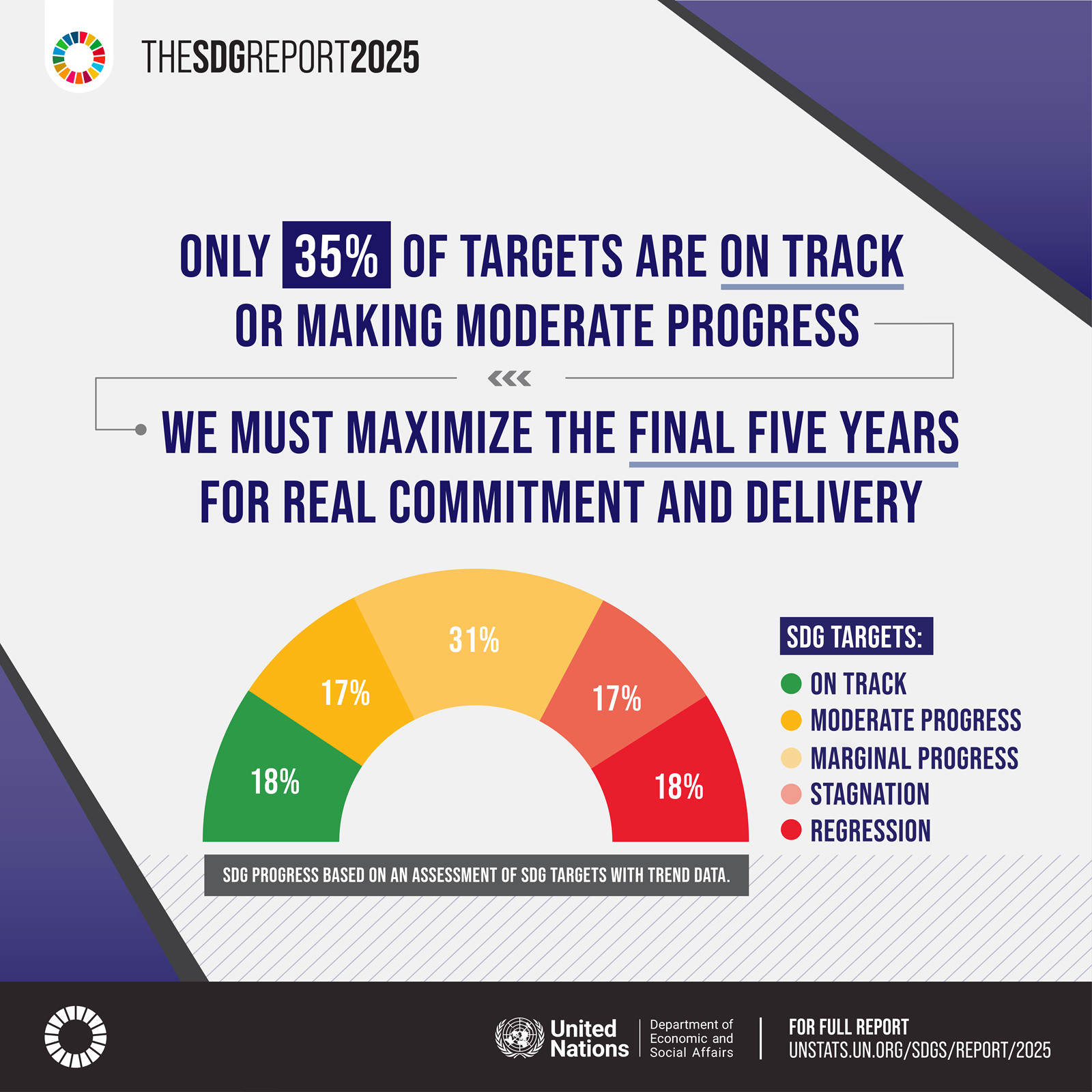As a Non-Party Stakeholder from the Global South, I was excited to be selected to represent my organization - Uganda Coalition for Sustainable Development at the first face-to-face Talanoa Dialogue that was held in Bonn on May 6, 2018.
It was part of the 48th sessions of the UNFCCC Subsidiary Body for Implementation (SBI)
and Subsidiary Body for Scientific and Technological Advice (SBSTA)
will convene in Bonn, Germany, from 30 April to 10 May 2018. The Bonn
Climate Change Conference will also include the fifth part of the first
session of the Ad Hoc Working Group on the Paris Agreement (APA 1-5).
According the UNFCCC platfrom dedicated to this process, Talanoa
is a traditional word used in Fiji and across the Pacific to reflect a
process of inclusive, participatory and transparent dialogue. The
purpose of Talanoa is to share stories, build empathy and to make wise
decisions for the collective good. The process of Talanoa involves the
sharing of ideas, skills and experience through storytelling.
During the process, participants build trust and advance knowledge through empathy and understanding. Blaming others and making critical observations are inconsistent with building mutual trust and respect, and therefore inconsistent with the Talanoa concept. Talanoa fosters stability and inclusiveness in dialogue by creating a safe space that embraces mutual respect for a platform for decision making for a greater good.
The first deadline for receipt of input from non-Party stakeholders was before the 2 April. The Talanoa Dialogue Platform received submissions from UNFCCC
Parties as well as non-Party stakeholders on the three focal questions
of the Dialogue: Where are we? Where do we want to go? How do we get
there?
I participated in the Talanoa Dialogue in Koro room in the evening (16:00 - 18:00 hrs) on the question: How do we get there?. It was such a new atmosphere of interaction between negotiators and Non-State Actors, away from the traditional UNFCCC process of speaking through a representative (with a prepared statement) at a designated time, or informally through lobby rooms and informal interactions.
The setting was conducive, with a round set up of chairs only, no power point, and no computers as much as possible so that one can tell a story without any hindrance.
After listening for a while I booked with the facilitator to give my story, which I did in more or less the mandated 3 minutes and continued listening to others. It was such a rich two-hour schedule full of experiences, challenges, opportunities and solutions from across the globe, being put forward by the participants. Above all everyone was listened to. In my case, I feel that my message had semblance to those of the other Non State Actors in the room.
Much as the 'dialogue' was fine, it was more or less presenting each
one's story with no discussion time. But I am sure that if all the stories told are collated, there will be common areas of convergence. These include stronger international cooperation, inclusiveness,
participation, raising ambition at national and local levels (though
different approaches on it), and promoting rights of vulnerable peoples, women and the poor among others. As I see it the next set of dialogues at COP24 need to allow more interactions amongst participants (within the rule of the Talanoa Dialogue where finger pointing and shaming is not allowed among others).
Apart from this, the future seems to be in favor of this approach beyond COP24 in Poland and more so at the national level where launching national dialogues for context-specific opportunities for action to raise Nationally Determined Contributions (NDCs) ambition by 2020 is fast approaching as per the Paris Agreement.
The Talanoa Dialogue inspiration could also potentially serve to galvanize collective local and national inputs, accountability and transparency in global negotiations, where duty bearers are under watch on decisions made and positions taken.

No comments:
Post a Comment